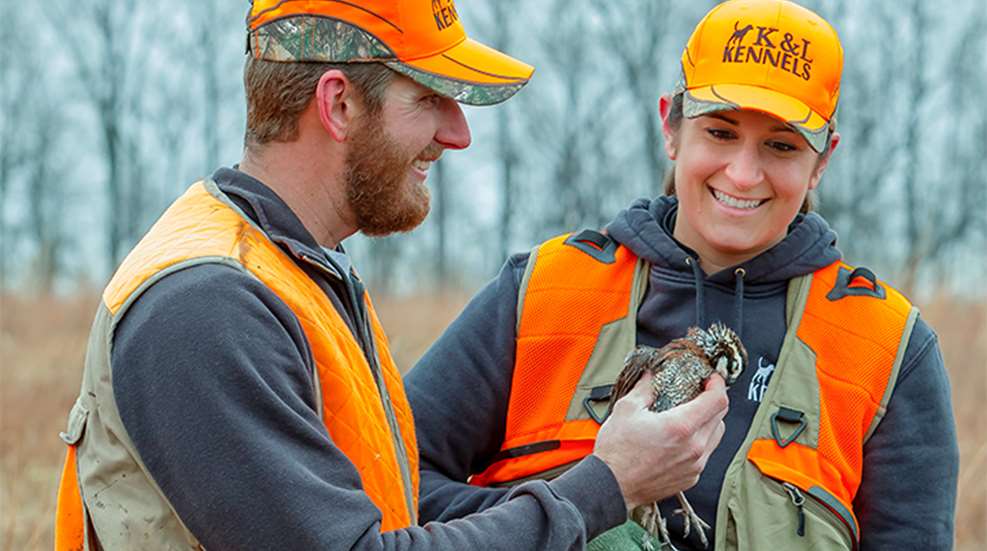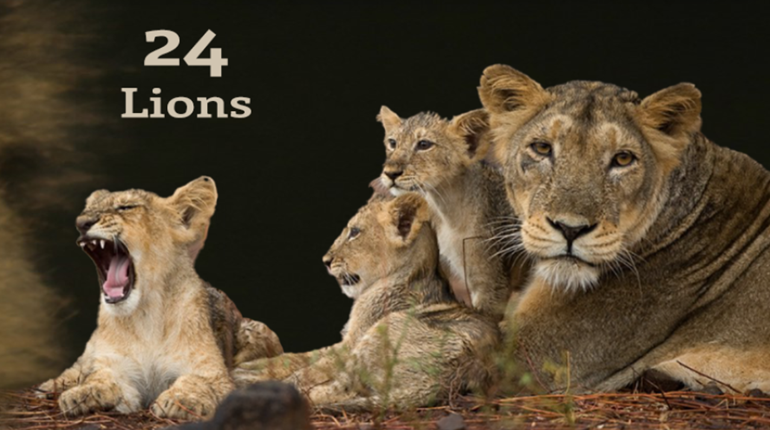
How you advocate for hunting—and the words and phrases you use—matters. You wouldn’t go hunting without proper preparation; it’s equally important to prepare to communicate effectively about hunting before you find yourself trying to defend your passion for hunting. So let’s talk about the most persuasive pro-hunting arguments among the American public—including nonhunters. These findings are from perhaps the most extensive study of pro- and anti-hunting arguments conducted to date.
In a research project funded by the NRA Hunters’ Leadership Forum, we began by identifying 51 individual pro-hunting statements and 31 anti-hunting statements (82 of them altogether) through a systematic review of literature and other material, including televised and print debates, advocacy and campaign material, research reports, and other sources in which arguments for and against hunting were expressed. We then surveyed more than 15,000 Americans, with respondents rating the effectiveness of the statements to persuade people to take a side. (Because so many were tested, each respondent received only a random subset of the 82 to rate, rather than the entire set.)
The most important way to examine these study results is to look not at the specific statements but at the themes that resonate—areas where you can reach agreement with nonhunters. The most persuasive advocacy themes in favor of hunting are:
• Hunting as a food source;
• Hunting as conservation through wildlife management that produces ecological benefits to both game and non-game species;
• Hunting as a right.
In the survey, these themes emerged as the most effective for building support for hunting. When I’m talking about hunting to a nonhunter, I focus on these themes.

Speaking about hunting as a source of food is particularly effective among those who do not currently support hunting. These include statements such as:
• Wild animals experience a better life than do farm animals raised for food;
• Hunting for food does not cause any more animal suffering than slaughtering livestock for food;
• Humans are a natural part of the food chain and the cycle of life;
• 93 percent of Americans eat meat;
• 84 percent of Americans approve of hunting for the meat.
Likewise, speaking about hunting as conservation can include statements in the survey that were shown to be effective in advocacy for hunting among nonhunters:
• Hunting specifically helps control the deer population, which is overabundant and has no natural predators in many areas.
• Hunting controls wildlife populations and helps with species management.
• Hunting is critical to conservation; ethical, regulated hunting is the driving force that maintains abundant wildlife.
A word about conservation: While the vast majority of Americans care deeply about conservation, by and large they do not know much about wildlife or about hunting, including even basic information about hunting as wildlife management. When talking about hunting and its links to conservation, be patient because, ultimately, anti-hunters and hunters both care about conservation.
Finally, hunting as a right resonated well. Indeed, more people are in favor of allowing others to hunt than personally approve of hunting. While overall approval of legal hunting in general among Americans stands at 81 percent (with disapproval at 12 percent), the percentage who agree, no matter their personal opinion, that it is okay for other people to hunt stands at 91 percent (with disagreement at a very low 6 percent).
In short, many people who do not approve of hunting do not want to stop others from participating. In the survey that tested 82 statements, a particularly effective one related to hunting as a right: “Those who do not hunt or do not approve of hunting don’t have to hunt, but they should respect the right of others to hunt.”
On the flip side, the study looked at anti-hunting statements to sway opinion against hunting. One might ask why a study done to help hunting advocacy efforts would look at the effectiveness of anti-hunting arguments. Quite simply, it’s because to advocate for hunting means being able to refute the best arguments from the anti-hunting side. Our inclusion of these statements in the study, by the way, does not mean that we believe them or that they are right. Rather, we took them simply as arguments people had made against hunting that we uncovered in our extensive review of literature and websites that take a stand against hunting.
The themes that garnered the most opposition to hunting include:
• Hunting as a violation of fair chase;
• Hunting being linked to trophy hunting (and the negative perceptions about trophy hunting);
• Hunting resulting in diminished wildlife populations.
These argument themes that were tested in this extensive survey were the most convincing when generating opposition to hunting. When communicating about hunting, be ready to address these potential areas around which opposition is often based.
Anti-hunting statements about fair chase can be refuted by communications that stress ethical hunting, which includes fair chase. I don’t allow all hunting to be equated with canned hunts when I’m talking about hunting to a nonhunter, for instance.
Linking hunting to trophy hunting was shown as an effective way to sway opinion against all hunting. Challenge anti-hunters to define “trophy hunting,” and be ready to discuss with them what hunting is and is not. Don’t let them make misrepresentations that all or even most hunting in America is trophy hunting. Most hunting is done for other reasons, and very little hunting is what most people would call trophy hunting. Surveys show that only about 1 percent of American hunters hunt primarily for a trophy.
Countering this anti-hunting argument that links all hunting to trophy hunting also means hunters should be shown as honoring the wildlife they harvest. I like to see successes from a hunt in posted photographs that are respectful and that do not demean the wildlife that nature provided.
Finally, the (incorrect) perception that modern hunting in America causes species to become threatened or endangered is patently false, but unfortunately it is a view that many people hold. In fact, our research has found that almost half—46 percent—incorrectly think hunting causes some species to become endangered. This is despite the clear evidence that modern hunting—legal, recreational hunting that is practiced today in North America—has actually had the opposite effect. Hunters were central in the efforts to revive species, resulting in robust populations of many wildlife species, including nonhunted species.





































